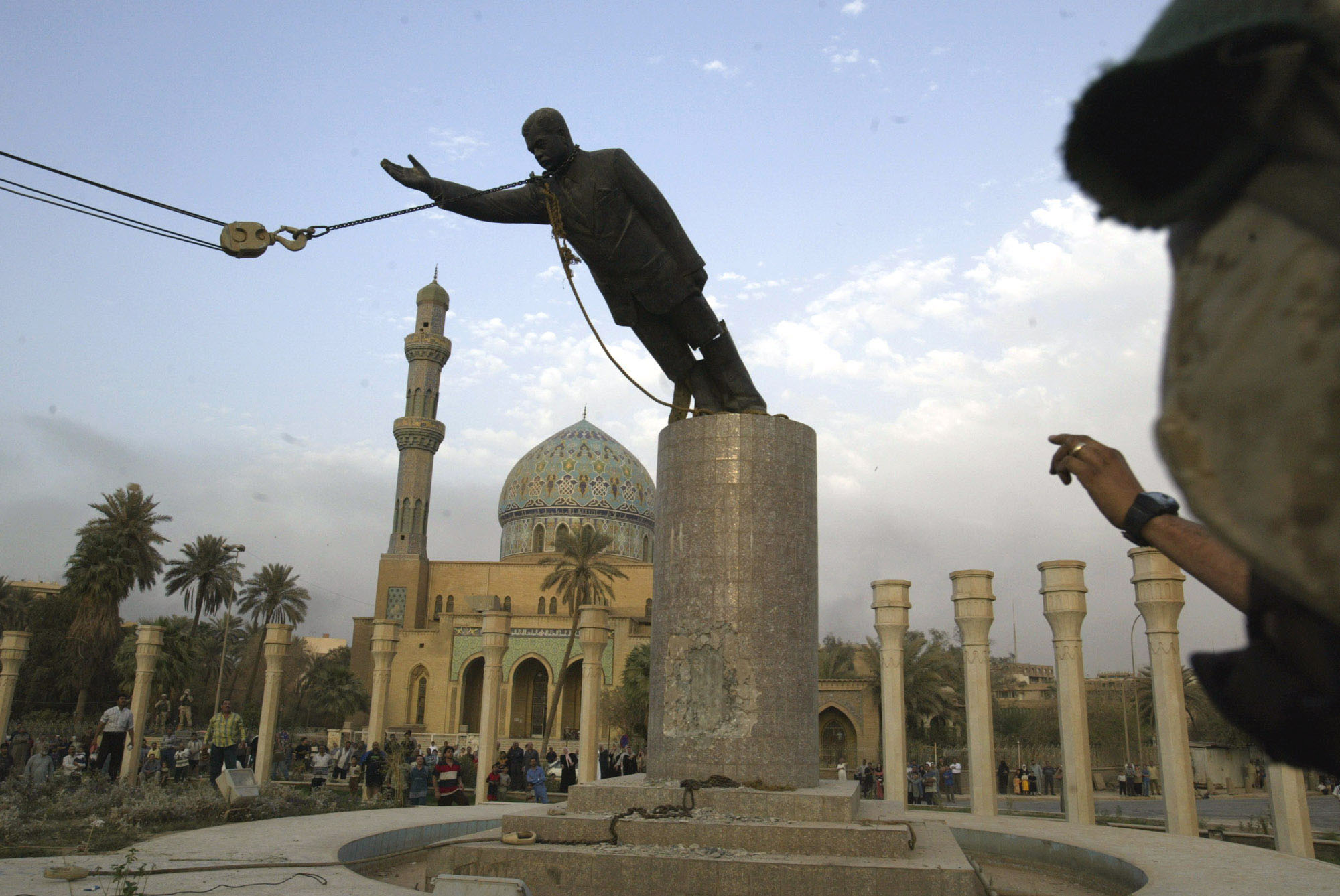Ten years after the United States barreled into Iraq with extraordinary force and a perilous lack of foresight, the country is neither the failed state that seemed all but inevitable during the darkest days of the war nor the model democracy the Americans set out to build.
Haunted by the ghosts of its brutal past, Iraq is teetering between progress and chaos, a country threatened by local and regional conflicts with the potential to draw it back into the sustained bloodshed its citizens know so well.
The nation is no longer defined or notably influenced by its relationship with the United States, despite an investment of roughly $1.7 trillion and the loss of 4,487 U.S. troops. In the end, Washington failed to carve out a role as an honest broker in postwar Iraq, an aspiration borne out of the recognition that the country's future may once again have explosive implications for the region.



















With your current subscription plan you can comment on stories. However, before writing your first comment, please create a display name in the Profile section of your subscriber account page.